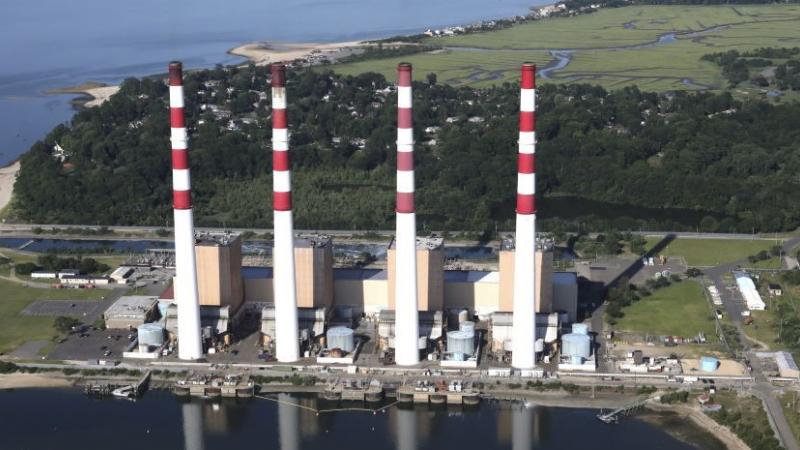Top general admits NORAD failed to detect earlier Chinese spy balloons in U.S. air space
"I will tell you that we did not detect those threats, and that's a domain awareness gap," Air Force Gen. Glen VanHerck said.
The Air Force general charged with protecting America's air space from hostile threats acknowledged Monday that the U.S. military failed to detect some previous incursions by Chinese spy balloons, calling it a troubling "awareness gap" that needed fixing.
"We had gaps on prior balloons," Air Force Gen. Glen VanHerck told reporters.
The comment by the North American Aerospace Defense Command commander both raised concern about NORAD's vaunted ability to detect airspace threats and also undercut a bungled weekend effort by the Biden administration to try to suggest former President Donald Trump failed to react to three incursions on his watch.
In fact, VanHerck told reporters during a Pentagon briefing, the Trump administration wasn't told about the incursions because NORAD missed them and that they only recently were detected after the fact by U.S. intelligence agencies.
"I will tell you that we did not detect those threats. And that's a domain awareness gap that we have to figure out," he said, declining to be more specific about how earlier flyovers of Chinese spy balloons were missed.
He explained in general terms how the prior incursions were discovered. "The intel community, after the fact... made us aware of those balloons that were previously approaching North America or transited North America," he said.
VanHerck said the military deliberately moved slowly on downing the the most recent spy balloon after discovering it hovering near the Aleutian Islands of Alaska on Jan. 28. He said officials determined it posed no immediate threat of attack, and allowed it to maneuver across the United States while blocking its ability to collect sensitive data so that the military could learn how it missed the earlier spy balloons and how they worked.
"We utilized multiple capabilities to ensure we collected and utilized the opportunity to close intel gaps," he said.
National Security Adviser Jake Sullivan said the earlier incursions dating to the Trump administration were discovered because "we were able to go back and look at the historical patterns."
The explanations are certain to raise further concerns about NORAD's ability to detect and defend against hostile threats. While relatively old technology, air balloons have been considered by China for deploying hypersonic missiles, and by the United States for deploying drones equipped with explosives.















